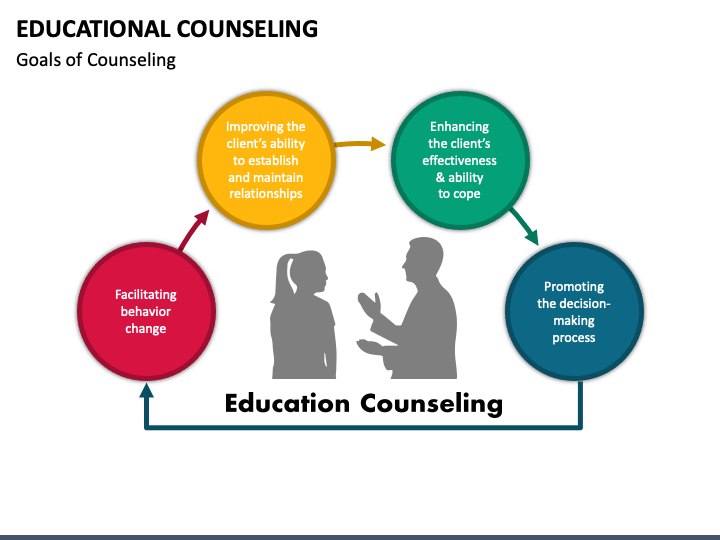Introduction:
A Ph.D. in Counseling Education/Counseling and Guidance offers a profound exploration into the realms of mental health, education, and personal development. This comprehensive guide illuminates the admission process, eligibility criteria, completion time, career prospects, syllabus overview, internship opportunities, scholarships, and FAQs relevant to this dynamic field.
Admission Process:
- Research: Explore universities offering Ph.D. programs in Counseling Education/Counseling and Guidance, focusing on faculty expertise and research areas.
- Application Submission: Complete online applications, including transcripts, recommendation letters, statement of purpose, and GRE scores (if required).
- Interview: Shortlisted candidates may undergo interviews to assess research potential and fit with the program.
- Writing Sample: Submit writing samples demonstrating analytical and research skills, often focusing on counseling education or guidance topics.
Eligibility:
- Educational Background: A master's degree in Counseling, Education, or related fields from a recognized institution.
- Academic Performance: Strong academic record, typically with a minimum GPA requirement.
- Professional Experience: Prior experience in counseling, education, or related fields, demonstrating practical skills and understanding of client or student care.
- Research Aptitude: Demonstrated interest and proficiency in research methodologies, often evidenced through academic projects or publications.
Completion Time:
The duration of a Ph.D. program in Counseling Education/Counseling and Guidance generally ranges from 4 to 6 years, incorporating coursework, clinical training, research, and dissertation writing. However, individual completion times may vary based on research progress and program requirements.
Career Opportunities:
- Higher Education: Roles in academia as professors or researchers, teaching and conducting research in counseling theories, educational psychology, and student development.
- School Counseling: Careers as school counselors or guidance counselors, providing support and guidance to students in academic, personal, and career-related matters.
- Counselor Education: Positions in counselor education programs, training future counselors, developing curriculum, and conducting research in counseling education.
- Administration: Opportunities in educational leadership roles, such as school administrators or counseling program directors, overseeing counseling services and programs.
- Research and Consultation: Careers in research institutions, nonprofit organizations, or consulting firms, conducting research or providing expertise on counseling and educational issues.
Syllabus:
- Counseling Theories: Exploration of counseling theories and approaches, including cognitive-behavioral, psychodynamic, humanistic, and multicultural perspectives.
- Counselor Education: Training in counselor education principles, curriculum development, pedagogy, and supervision techniques for training future counselors.
- Educational Psychology: Study of human development, learning theories, motivation, and assessment techniques relevant to counseling and education settings.
- Program Evaluation: Understanding program evaluation methodologies, data analysis techniques, and ethical considerations in assessing counseling and educational programs.
- Professional Ethics: Review of ethical guidelines, legal regulations, and professional standards governing counseling practice, education, and research.
Internship Opportunities:
- Higher Education Settings: Internships in college or university counseling centers or counselor education programs, gaining practical experience in counseling and supervision.
- School Counseling: Internships in K-12 schools, assisting school counselors with counseling sessions, guidance activities, and program development.
- Research Institutions: Internships in research labs or institutes, contributing to research projects on counseling education, student development, or educational psychology.
- Consulting Firms: Internships with consulting firms specializing in educational or counseling services, providing expertise to schools, organizations, or government agencies.
Scholarships and Grants:
- Institutional Scholarships: Universities may offer merit-based scholarships, tuition waivers, or assistantships to Ph.D. students in Counseling Education/Counseling and Guidance.
- Professional Associations: Scholarships and grants from counseling or educational associations supporting graduate education and research in the field.
- Government Funding: Federal or state grants for educational research or workforce development initiatives may provide financial support to Ph.D. students.
- External Fellowships: Prestigious fellowships like the National Institutes of Health (NIH) or the National Science Foundation (NSF) offer funding and recognition for doctoral research in counseling education or educational psychology.
FAQs:
Can I pursue a Ph.D. in Counseling Education/Counseling and Guidance with a master's degree in a different field?
While a master's degree in Counseling, Education, or related fields is preferred, some programs may accept applicants with relevant experience or coursework in related disciplines.
Is clinical experience required for admission to a Ph.D. program in Counseling Education/Counseling and Guidance?
Prior clinical experience may be beneficial but not always required. Admissions committees consider a combination of academic performance, research aptitude, and potential for teaching or supervision.
What types of research topics can I pursue in a Ph.D. program in Counseling Education/Counseling and Guidance?
Research topics may include counselor education and training, school counseling effectiveness, student development, multicultural counseling, or counseling program evaluation.
Are there opportunities for international students in Ph.D. programs in Counseling Education/Counseling and Guidance?
Yes, many universities welcome international students to their Ph.D. programs, offering support services and opportunities for research and teaching assistantships.















